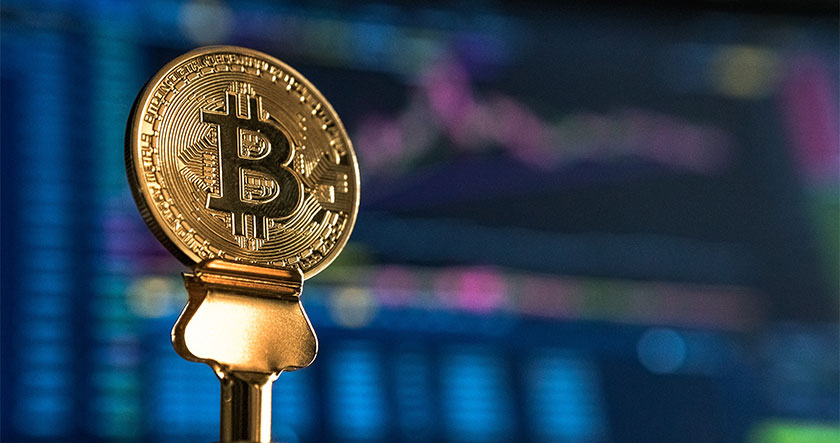You may remember in 2021, El Salvador became the first country to make Bitcoin legal tender. Opinions on the matter ran up and down the spectrum of cryptocurrency sentiment. Anti-crypto advocates touted that this would spell the end of the country, while crypto bulls applauded the decision and hoped other countries would follow suit.
Here we are in 2023 and it’s worth looking back at how Bitcoin adoption has played out for the Central American country. Despite dire warnings from the International Monetary Fund (IMF), things are looking pretty good for El Salvador. Treasury Minister Alejandro Zelaya recently shared on Twitter that the country paid off “800 million dollars plus interest” in bonds. He added, “But of course, almost no one is covering the story.”
Well, we certainly are covering it! It is no wonder that traditional media is letting this slide, though. El Salvador’s big bet on Bitcoin has paid off, but certain people don’t seem to want you to know that. Aside from making Bitcoin legal tender, El Salvador also committed to buying one BTC per day beginning in November of 2022.
It’s not just Bitcoin, though. The cryptomarket as a whole is performing well during these otherwise troubling financial times. Even GameStop’s NFT market is seeing a boom with volume spikes as high as 21,446% according to Yahoo! Finance. But you’re probably not hearing about that from the Mainstream Media….
Institutional adoption continues to be the big hurdle for Bitcoin and other cryptocurrency. Many crypto critics were pointing to the collapse of FTX as the death knell for Bitcoin and others, and yet the price held strong. Calls for regulation of cryptocurrency certainly increased, and may have actually helped its stability. After all, official regulations mean legitimacy, and is perhaps one step toward accepting Bitcoin as legal tender as El Salvador has done.
One of the top goals for El Salvador’s Bitcoin pilot program was to expand access to banking for their citizens. The country created “Chivo Wallet” to help Salvadorans adopt and use Bitcoin as legal tender in the country. Half of the country downloaded the app!
For El Salvador, using Bitcoin as a hedge against economic uncertainty seemed to have paid off, but where will the world go after this? Are they even watching or are they purposely ignoring El Salvador’s successful test case? There is no doubt many powerful people continue to benefit from our reliance on the traditional finance system, even as it seems to be collapsing in slow (and sometimes not-so-slow) motion in front of us. Perhaps Bitcoin is the answer, though.
This success was just one country, and so far other countries have yet to jump on board the Bitcoin wagon. Only the Central African Republic has also made Bitcoin legal tender, but more and more countries are starting to take a serious look at cryptocurrency. What could happen when a country with a much larger GDP makes the move?
Global adoption will likely have a positive impact on the value of Bitcoin as use will drive demand and an increase in demand will lead to an increase in value. There is certainly still a long way to go, but it will be exciting to watch which countries have the foresight, and the political willpower, to decrease their reliance on traditional banks and move toward a more democratic, decentralized monetary system.







